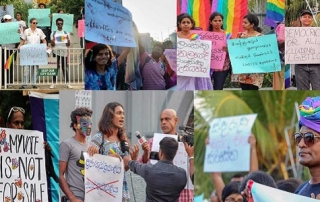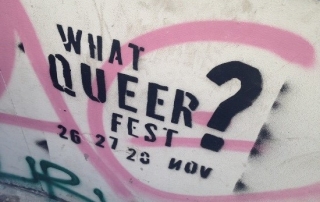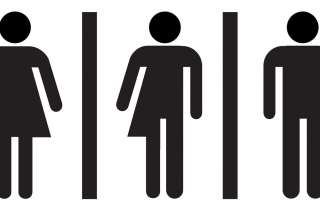Of Butterfly Assemblages and Constitutional Coups : Invention and Intersection of Heteromasculinity and Class in Post-Colonial Sri Lanka
by Senel Wanniarachchi
Each year students on the LSE Gender MSc course Sexuality, Gender and Globalisation present independent research papers at an all-day student conference. This year’s conference “Globalising Desire / Locating Power” took place on 29 March 2019 and in this series of posts a selection of students present their interventions from the conference.
In October 2018, Sri Lankan President Maithripala Sirisena […]






